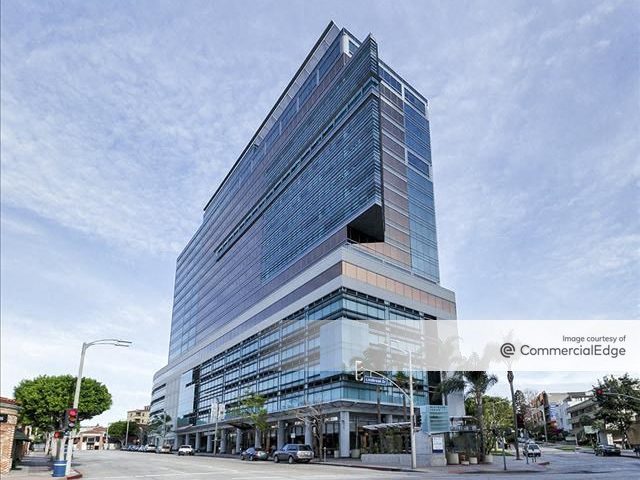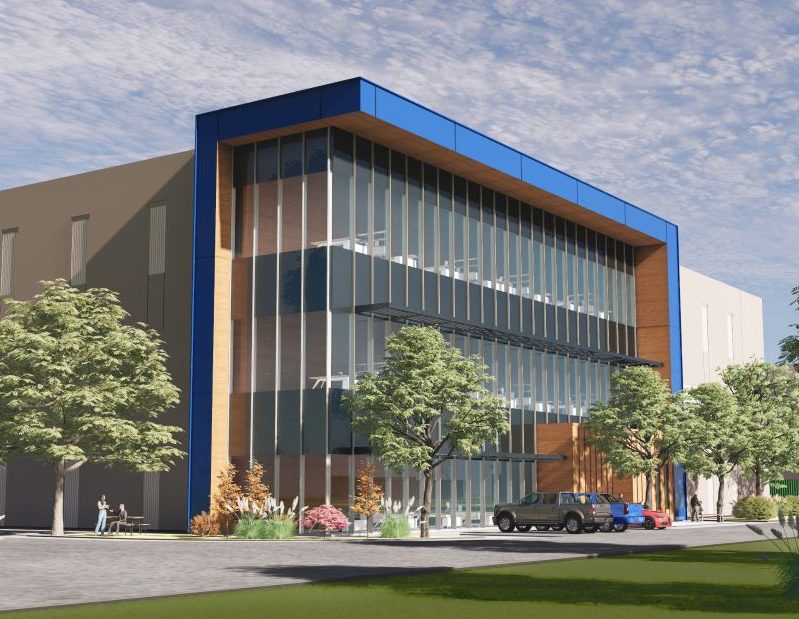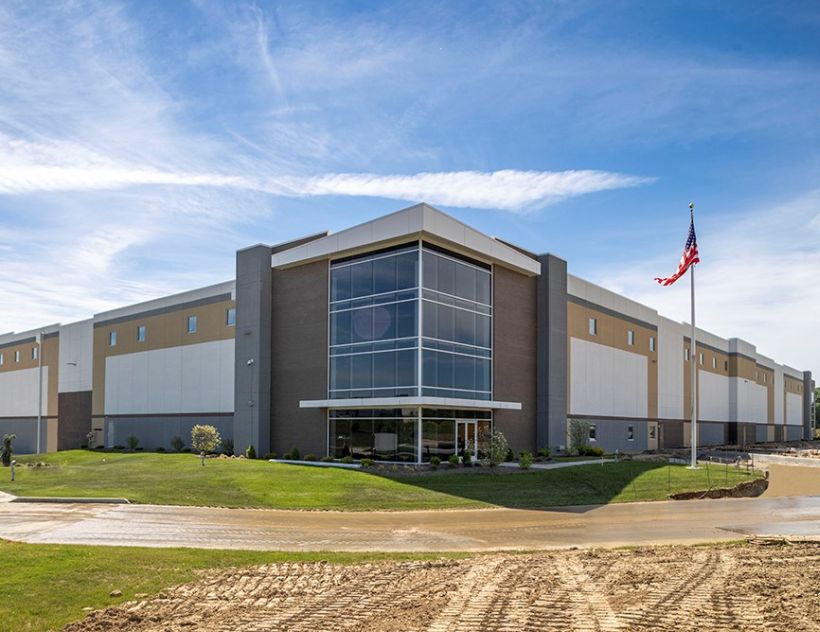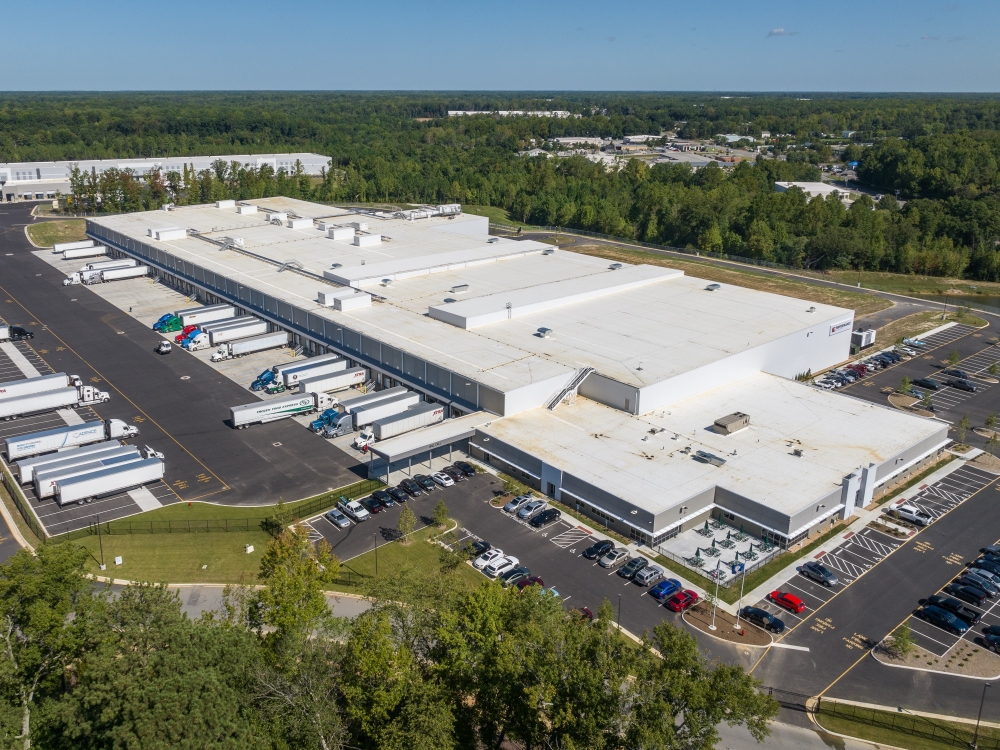Decoding Denver’s Office Market
Bridge Investment Group Director of Acquisitions David McCleve shares his views on the consequences of intense construction activity on the metro's office market and highlights the submarkets where there's room for rent growth in 2019.
With one of the fastest growing economies among large U.S. cities, Denver is closer than ever to becoming a top tech destination. The tech world’s big four—Google, Amazon, Apple and Facebook—recently announced expansions in the city. A number of other companies in the segment, including Quizlet, Udemy, Vertafore and Iterable opened new offices in the city, highlighting the fact that Denver’s business environment is still attractive despite increasing housing costs and office rents. To accommodate the rising demand for office space, construction activity intensified in the city, with more redevelopments planned for the coming months.
Yardi Matrix data shows that last year’s deliveries reached a 10-year peak, with nearly 3.1 million square feet of new office space hitting the market. Half of it was added to the central business district, where demand was highest. At the same time, more than 2.4 million square feet was under construction in January, pointing to consistent inventory growth going forward.
Denver “is a place people want to live and young people want to be,” said David McCleve, director of acquisitions with Bridge Investment Group. In November, his company acquired Denver West Business Park, a 20-building, 1.3 million-square-foot flexible office campus in Denver West, the most popular alternative for companies priced out of the central business district. In an interview with Commercial Property Executive, McCleve pointed out where opportunities lie in this growing market.
On a scale from 1 to 10, how would you rate the Denver office market in 2018 in terms of ROI?
McCleve: The Denver office market would rank in the mid-to-high end of the range. Denver is a really strong market to be buying in, depending on the submarket. There is a lot of construction occurring, which creates some challenges. The amount of institutional interest certainly makes you wonder if it’s heating up a little too much, but with that said, Denver is continuing to grow. It’s a place people want to live and young people want to be.
Prices are starting to rise in some submarkets, and people are getting pushed out to new frontiers like Denver West and other areas. If we can create good office product for them in some of these submarkets that historically haven’t received as much interest, I think we could do really well. That’s why I rate it so highly.
Investment volume in Denver’s office market at the end of the fourth quarter of 2018 was almost double compared to the last quarter of 2017. What contributed to this significant increase?
McCleve: A couple of large disposition portfolio sales, as well as some of the new Class A buildings—primarily in the downtown market—coming online contributed to the significant increase. The LoDo and downtown markets had really strong institutional interest, so there were some large transactions in that time frame.
Anytime you have a market with heavy construction, REITs are of course hoping to sell those. The market is still very strong in Denver and rents are still climbing, so having that institutional interest in the brand-new, Class A buildings is expected.
Investment volume is also good partially because of the location. Denver is a big city with close access to mountains, which makes it a popular place to live, work and play. The tech industry is also really strong and all of these factors can contribute to the increase.
What kind of assets did investors look for in 2018 and where did the best opportunities lie?
McCleve: The best opportunities lie in places such as Denver West. Our company has recently acquired Denver West Business Park, a 20-building, 1.3 million-square-foot flexible office campus located 15 minutes from downtown Denver.
We’re also selling a building in the Denver Tech Center and absorption in our buildings was very positive. I think the biggest opportunity is in some of these buildings that have upside left, rents are below market—you see that in a lot of suburban buildings—and there’s room for rent growth, but a lot of the work has already been done.
How do you expect cap rates for urban and suburban properties to change in the first half of 2019?
McCleve: I don’t expect any drastic changes in cap rates in the first half of 2019.
What are your expectations regarding Denver’s office market in 2019? Do you see any challenges ahead given the projected economic slowdown?
McCleve: I believe the Denver market is strong and will continue to be strong. That’s why Bridge is buying. Some of the challenges we do see really come down to all of the construction that’s going on.
There’s 1.1 million square feet of spec office construction downtown and 2 million square feet of office construction downtown in general, and that’s a really high percentage of spec construction. I think there’s more than 3 million square feet of construction right now throughout the metro, depending on how you really want to look at the statistics.
Rents are high enough to support this activity. Rents are at an all-time high and whenever you see “all-time high” that certainly presents some potential market challenges in the future, but that’s what people thought a couple years ago, too. There’s been a lot of construction out there, but it’s being absorbed because of the popularity of Denver. People want to work in Denver, and companies want to establish large offices there. We see it continuing to be strong.
Image courtesy of Bridge Investment Group









You must be logged in to post a comment.